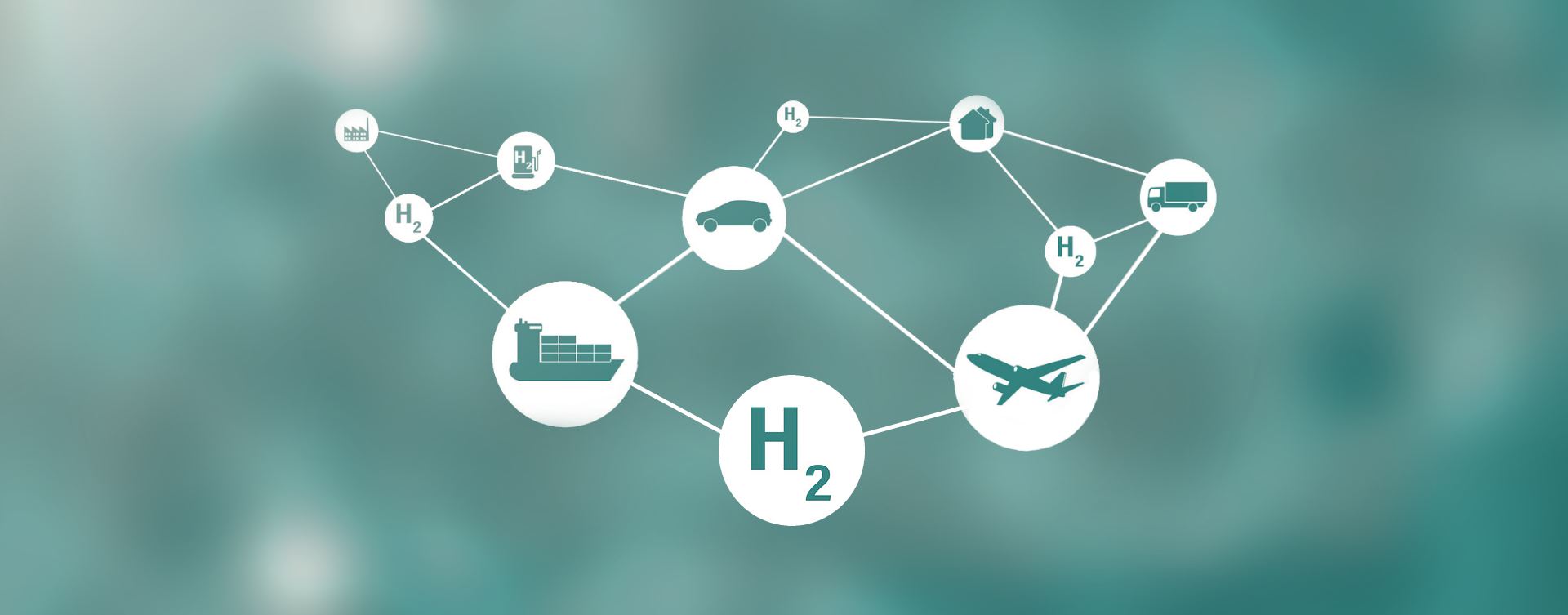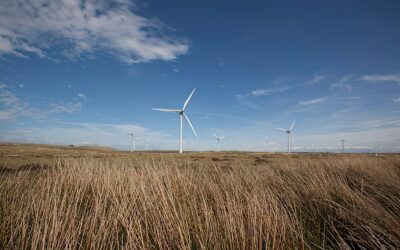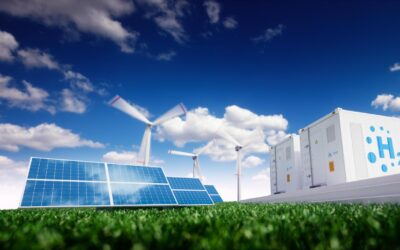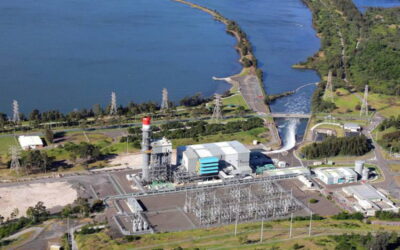Late last year, as the world spiralled deeper and deeper into health crisis, Australian iron ore magnate Andrew “Twiggy” Forrest wasn’t moping about at home waiting for a vaccine like the rest of us. He was dashing around the planet on a private jet, hunting for green electrons.
His audacious Odyssey took he and his 50-strong team to almost 50 countries, where he met politicians and businesspeople to talk about potential renewable energy projects. In the process he caught COVID-19 and spent three days on oxygen in Switzerland. But he insists it was worth it. His plan is to make his company, Fortescue Metals, a pioneer of cheap green hydrogen, and given the pace of change in this industry, he judged he had no time to lose.
His ambitions sound almost absurdly grandiose. He now says he is aiming for an astonishing 1,000 gigawatts of zero emissions energy through projects all around the world. That’s nearly 20 times more than Australia’s total grid capacity, including from coal and gas plants.That emissions-free energy could be used to manufacture green hydrogen on site all over the planet, including in the Pilbara in Western Australia, where he plans to develop 40GW of renewable capacity.
If successful, it would make Fortescue one of the world’s biggest energy companies.
Forrest acknowledges there are naysayers everywhere, but he seems to really believe he can do it. Last month he gave a lecture on the ABC in which he painted himself as a man of destiny descended from a long line of Aussie underdogs who dare to take on the big players and achieve the impossible.
“Eighteen years ago, I was just a young upstart trying to set up Fortescue. Everyone told me I was crazy to take on BHP and Rio Tinto,” he said, striding about the stage like the Outback’s answer to Steve Jobs. “They had a stranglehold on the Pilbara. Almost everyone I met in the industry said it was impossible. But we did it. And in the process, we reduced costs from around US $48 to $13 per tonne.”




